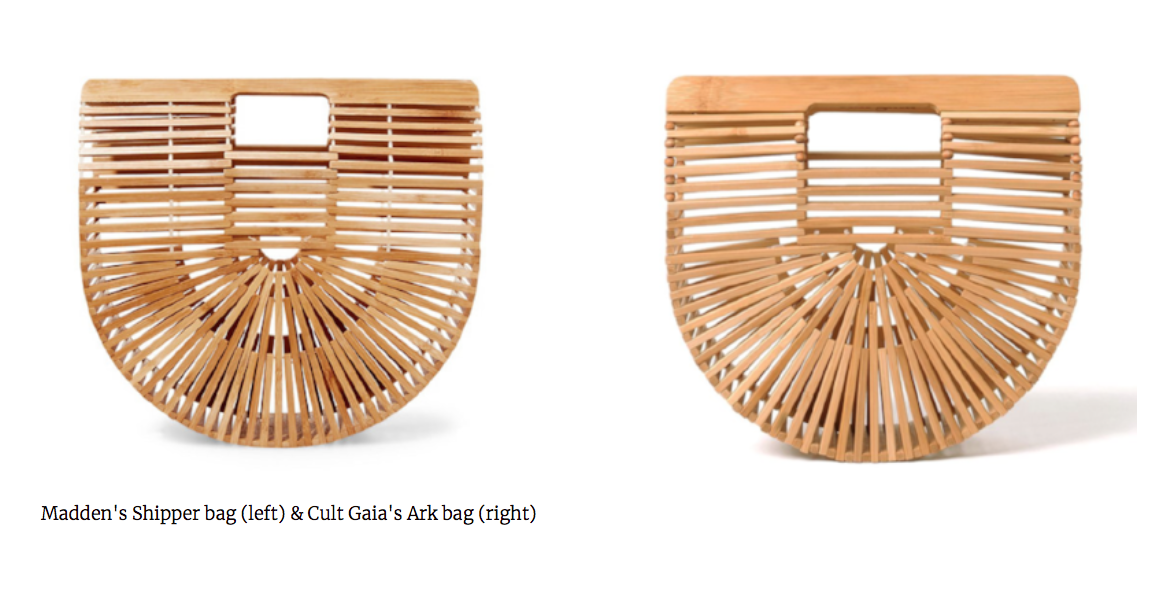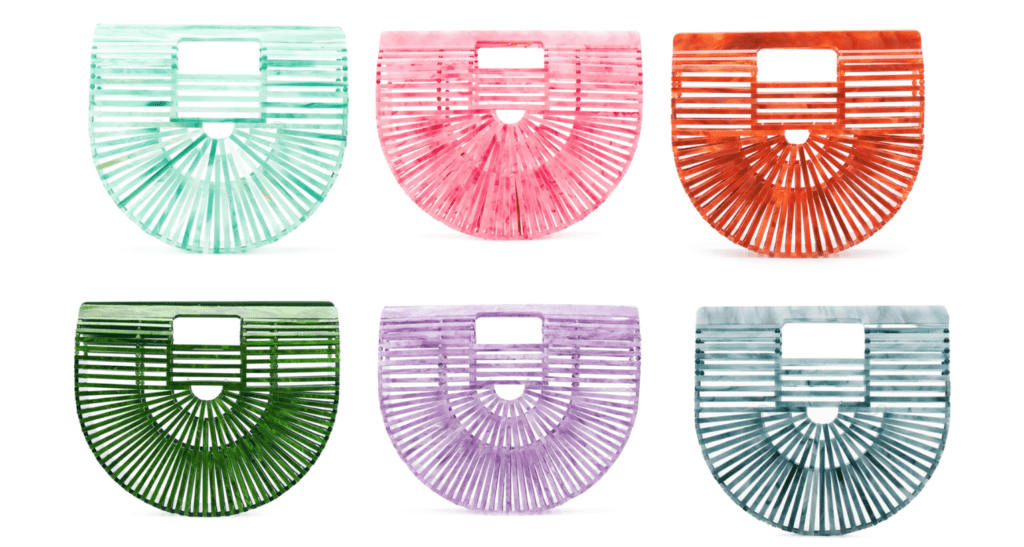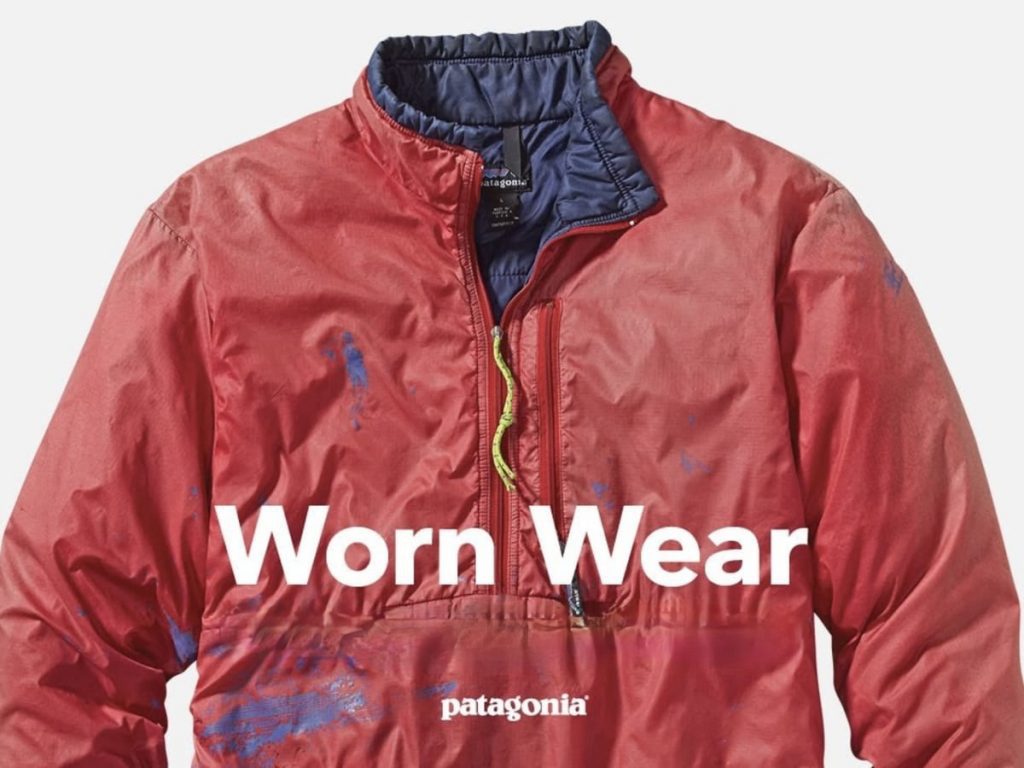Steve Madden and Cult Gaia appear to have come to a resolution over their respective versions of a Japanese-style bamboo handbag. In a joint letter to Judge Kevin Fox of the Southern District of New York dated July 23, attorneys for the New York-based accessories giant and the budding Los Angeles-based “it” brand asserted that “the parties have reached a settlement in principle of all claims and counterclaims” in the case that Madden filed against Cult Gaia in March 2018, one that was prompted by a cease and desist letter in which the young brand called foul on a copycat version of its popular Ark bag.
The parties’ request for an order from the court that conditionally discontinues the case in light of an out-of-court settlement, which was granted on July 24, comes after a fierce back-and-forth between the two brands over Cult Gaia’s Ark bag, which Steve Madden called a “slavishly copy [of] the traditional Japanese bamboo picnic bag design.” Madden initiated the legal battle after receiving a cease and desist demand from Cult Gaia, with the 7-year old brand claiming trade dress rights in the design and shape of the Instagram-famous bag and thereby, asserting a trade dress infringement claim in connection with Madden’s alleged copy.
In its suit, Madden took issue with Cult Gaia’s alleged trade dress protection, and asked the court – as part of its declaratory judgment action – to declare that Cult Gaia founder Jasmin Larian’s design is not subject to trade dress protection, a subset of trademark law, because the design, itself, is “functional,” “generic,” and “ubiquitous” (all of which serve as bars to registrability). With such a lack of rights in mind, Madden argued that its lookalike bag – the BShipper – does not run afoul of the law.
Cult Gaia responded by filing claims of its own, namely, for trade dress infringement, and seeking upwards of $15 million in damages.

Fast forward to last month and while the two brands seem to have made peace, that does not mean the fight is over: still underway is the case that Cult Gaia filed against Joseph D’Arezzo, Inc., the New York-based handbag wholesaler that supplied the allegedly infringing bags to Madden.
In late 2018, almost a year after Madden filed its suit against Cult Gaia, the Ark bag-maker initiated a separate – but related – lawsuit in its jurisdiction of its choice, a federal court in Los Angeles, asserting claims of trade dress infringement and unjust enrichment stemming from Joseph D’Arezzo, Inc.’s alleged attempts to profit from Cult Gaia’s “success and hard-earned goodwill by manufacturing, promoting and selling near exact copies of [Cult Gaia’s] signature Ark bag.”
As Cult Gaia set out in its complaint, “As has been widely reported in the media, since the rise in popularity of the Ark bags bearing the Ark Trade Dress, many other companies, including D’Arezzo, have attempted to ‘free-ride’ on Cult Gaia’s success and goodwill by creating imitation bags bearing exact or near exact copies of the Ark trade dress.” When put on notice about the allegedly infringing nature of its BShipper bags, Cult Gaia claims that Joseph D’Arezzo, Inc. did not only not stop making and selling them, it “created more versions of the infringing [bag] in additional colors, and placed orders to manufacture additional infringing [bags].”
“Such conduct,” Cult Gaia asserted, “constitutes willful infringement and demonstrates D’Arezzo’s willful disregard for Cult Gaia’s intellectual property rights. Pointing to the case that Madden filed against Cult Gaia, Joseph D’Arezzo, Inc. requested that the case filed against it either be dismissed, stayed, or transferred, and the court agreed.
Noting that an earlier action involving “substantially similar” – although not completely identical – parties and the same “factual allegations” was previously filed in a different court, and iting the first-to-file rule, a doctrine of federal comity, which states that “a district court may decline to exercise jurisdiction over an action when a complaint involving the same parties and issues has been filed in another district,” Judge Otis Wright of the Central District of California transferred the case to the Southern District, where it is currently underway.
In short: one case down, one to go in the ongoing saga that is the Ark bag.
*The cases are: Steve Madden, Ltd., vs. Jasmin Larian, LLC, 1:18-cv-02043 (SDNY) and Jasmin Larian LLC v. Joseph D’Arezzo, Inc., et al, 1:19-cv-06347 (SDNY).











